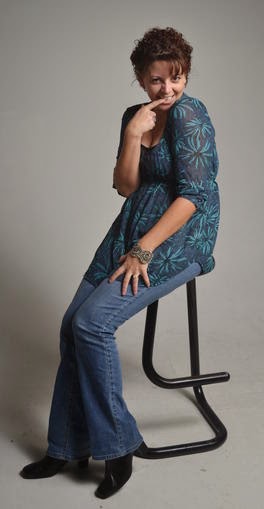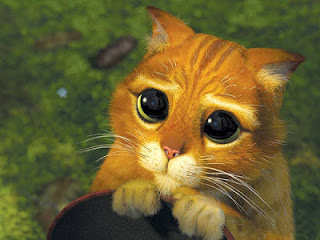I love editing. Always have. I know many writers don’t share the love, but I think editing is one of the sexiest parts of the writing process. In fact, I’ll go so far as to say that, for me, if the editing process doesn’t feel like good sex, then I’m not doing it right.
Take it off!
Since I’m not precious with my words, one of the first, and probably easiest parts, of editing is taking it off. What I mean by that is stripping my WIP, undressing it, getting rid of unnecessary paragraphs, sentences, phrases, even whole chapters — anything superfluous or repetitive. I need to be sure I don’t repeat what’s already been said or what doesn’t need to be said. I need to trust my readers’ intelligence. They’ll get it the first time. Readers are as anxious as I am to get on with it, to get to the good stuff. That means I need to pop the story’s cherry and move on to the main act. So my first editing goal is to undress my work, get it down to the story beneath, to what really matters, what will turn my readers on. My job, at this point, is to expose that story and then let it seduce me. If it can’t seduce me, then it’s not very likely to seduce my readers.
Tweak, Touch and Play
Once I can see what’s underneath, what’s really there, then I can begin tweaking, touching-up and playing. This is the time-consuming part. This is the point at which every single word matters. I learned how important each word is by writing shorter stories. When you have only 2K, every word has to matter – even more so with something as precise and boiled-down as poetry. Writers of novels – myself included sometimes forget this because we have a whole novel’s worth of words to play with. This is the point at which I remind myself that I’m making love to the story, and I want my readers to be seduced by what I’ve written. Every word is an erogenous zone. Every phrase can be stimulated and heightened and engorged until it literally bursts with meaning, with intrigue, with seduction for the reader.
Beware of Distractions
I don’t want phones ringing or knocks on the door from the mailman when I’m having sex or when I’m editing. I don’t want anything that will pull me out of the moment. I especially don’t want anything that will pull my readers out of my story. That includes distracting words, actions that are out of character or excessive use of words and phrases. (My inner goddess definitely frowns on that sort of thing.) That also includes replacement words. I’m far less likely to be pulled out of the story by multiple uses of breast, and tits than I am by globes, orbs, mounds, hillocks. Fingers, fingers, fingers, please! Digits are for numbers and for anatomy lessons. If I can’t find a word that won’t distract the reader from the seduction, then I’ll try to rephrase.
Exploration
While exploration is a part of the tweak, touch, and play process, it’s also the place where I discover hidden meanings, hidden tidbits, sometimes whole bits of story that need to be teased and written or rewritten and brought into focus. I can’t count the number of times I’ve discovered depth in my characters, secrets, quirks, emotions I wouldn’t have known if I hadn’t made the effort to make love to my story during the editing process. Exploration is searching out the little moles, the scars, the sensitive spots that turn the story – and the reader — on.
Bring it to Climax
All of this effort is heading for the big climax, the pay-off — the story version of the Big O. While that’s true, the story is also about the journey, making it last, sustaining the pleasure and building it. The biggest part of editing, for me, is making sure that the journey, the tweak and touch and play are so gripping to readers that they’ll want it to last just a little longer, just a few more pages. I don’t know about you, but on a great read, I find myself slowing down near the end because I don’t want it to end. I want to make it last, even as I can’t wait for the pay-off. I need to have that experience while editing my own work or how can I ever expect the reader to have it? I need to feel that journey to the very end, right down to the blaze and fireworks of the climax. After it’s over, when I’m basking in the afterglow, I need to feel slightly bereft as the experience lingers in my mind, hopefully, long after the fact.
If I feel that way at the end of the editing process, then I’m confident I’ve done my job as a writer, and it’s now time to lean back on the pillow, have the imaginary cigarette and ask my readers, ‘was it good for you?’




 Bio
Bio

